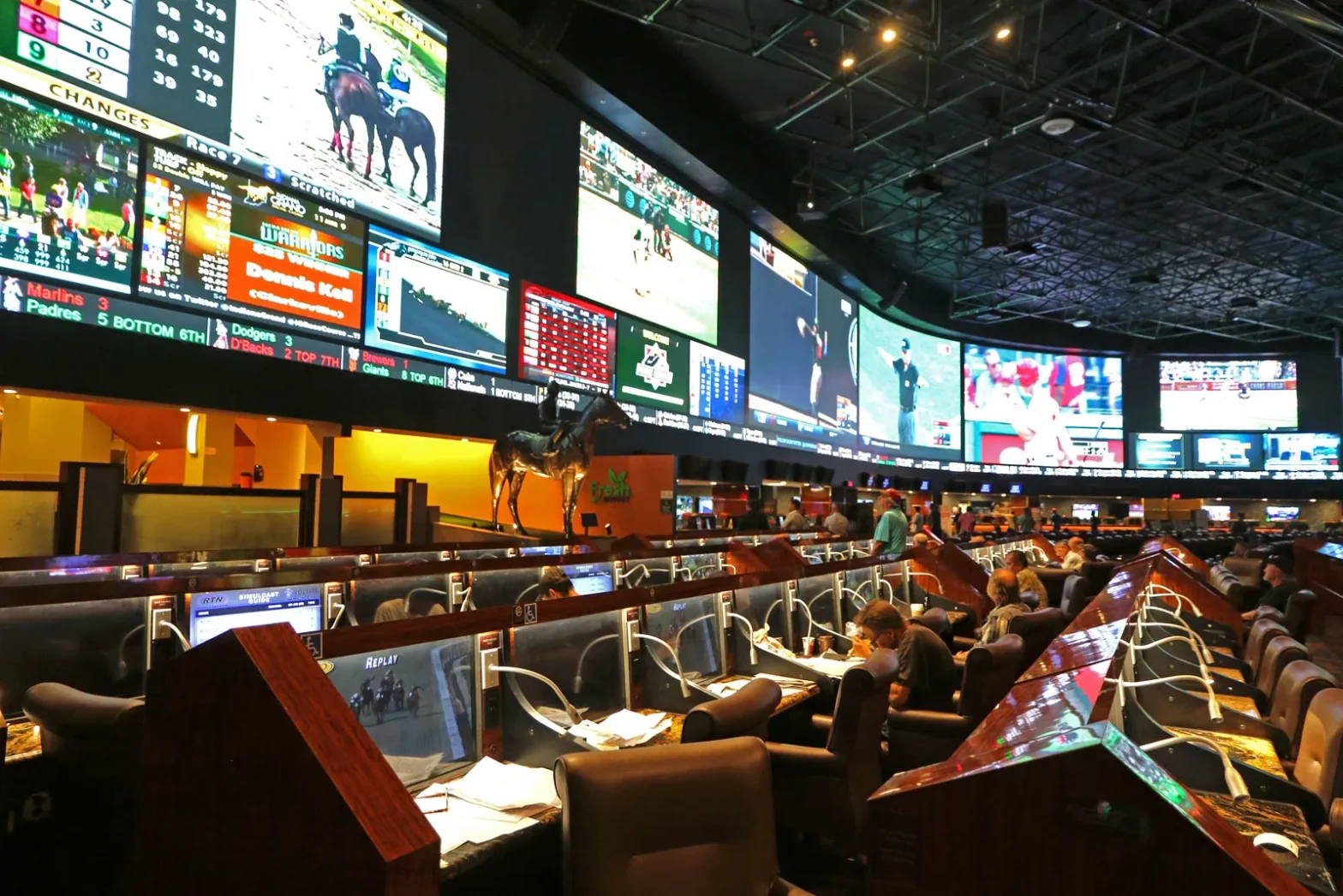The relationship between the sports industry and the betting market has created both opportunities and challenges. On the positive side, sports betting enhances fan engagement, creates valuable partnership opportunities, and boosts revenue for sports franchises globally. However, concerns about addiction, corruption, and maintaining the integrity of sports competitions highlight the complexities of this relationship, making it a topic of growing importance for stakeholders.
The legalization of sports betting has opened up significant revenue opportunities for sports organizations, betting companies, and broadcasters. As more people participate in legal sports betting, sports teams and leagues benefit from sponsorships and advertising deals. These financial benefits provide additional resources for development and innovation within the industry, supporting its growth and sustainability.

Fan engagement has also been transformed by the rise of sports betting. Fans with financial stakes in games are more invested in their outcomes, which increases viewership, ticket sales, and merchandise purchases. This deeper connection to the events encourages fans to follow statistics, strategies, and performances more closely, creating a more immersive and interactive experience for them.
However, sports betting also brings challenges, particularly the risk of gambling addiction. The excitement of betting can lead to compulsive behavior, resulting in financial hardship, emotional stress, and damage to personal relationships. Education about the risks and support for those affected are essential to promoting responsible gambling. Additionally, the potential for match-fixing and corruption poses a threat to the integrity of sports, damaging trust and diminishing the authenticity of competitions.
Sports betting has significantly impacted the sports industry, offering new revenue streams and enhanced fan experiences while also raising critical issues. Balancing the benefits of betting with the need to address its risks is crucial for ensuring the sustainability and credibility of both industries. Responsible practices, strict regulations, and education will play a vital role in shaping this evolving relationship.
